Coconut oil has grown popular for its numerous wellness advantages, including supporting brain health, improving cholesterol, and more. It’s also commonly applied to the skin as a hydrator and makeup remover.
Because of its distinct chemical makeup, coconut oil can also be advantageous for your hair. One of the most effective methods to feed your hair with coconut oil is using a hair mask.
Below we explore the perks of using a coconut oil hair mask. If you want straightforward homemade coconut oil hair mask recipes, we’ve included some easy options for you.
How can a coconut oil hair mask benefit your hair?
Exposure to chemical treatments, heat styling, and environmental stressors can make hair fragile and damaged over time. Thankfully, there are ways to help protect hair, and studies indicate that coconut oil possesses certain qualities that may help keep hair in better condition.
Much like a facial mask can enhance the health and look of your skin, a coconut oil hair mask can improve the condition of your hair.
So, what advantages can a coconut oil hair mask provide? Research suggests it may help:
- Lower protein loss. Hair is composed of protein and has three layers. Coloring, blow-drying, styling, and other processes can cause loss of protein from the cortex, the thickest layer of hair. One study confirmed that coconut oil reduced protein loss when used as a pre- and post-wash grooming product.
- Penetrate the hair shaft. Coconut oil has a unique structure that allows it to be absorbed into the hair shaft more readily than many other oils.
- Restore moisture. Because coconut oil is better at penetrating the hair shaft, it can also help protect hair from becoming dry.
Is it better for certain hair types?
Most hair types can benefit from added moisture and reduced protein loss. However, a coconut oil hair mask might be particularly useful if your hair is often:
- dry
- frizzy
- prone to breakage
- curly
Keeping curls moisturized can be challenging because natural oils don’t easily travel down the hair shaft.
How to prepare a coconut oil hair mask
You can create a basic coconut oil hair mask with just 2 tablespoons (tbsp.) of melted coconut oil. For optimal results, aim to use organic, unrefined coconut oil.
Protect your clothing from the oil by draping a towel around your shoulders. You may also choose to apply the mask while in the shower.
Instructions:
- Begin by misting your hair with a spray bottle to dampen it.
- Next, apply the warm (not hot) coconut oil evenly over your damp hair. Part your hair into sections to apply the oil more manageably. This helps make sure each strand is coated. Use hair clips to keep coated sections away from your face and eyes.
- Apply extra coconut oil to the driest parts of your hair, usually the ends, and use less near the healthier areas, typically closer to the scalp.
- When all your hair is covered, place a shower cap over your head.
- Let the mask sit for 1 to 2 hours. Some people prefer to leave the mask on overnight for deeper conditioning.
- Rinse with lukewarm water, then shampoo and condition as usual.
Recipe variations
Besides the basic mix, you can also try these variations:
Coconut oil and honey hair mask
Ingredients:
- 1 tbsp. organic raw honey
- 1 tbsp. organic coconut oil
Instructions:
- Combine the coconut oil and honey in a small saucepan. Warm the blend on low heat until it’s smooth, stirring to combine.
- Allow the mixture to cool until lukewarm. Mist your hair with a spray bottle, then apply the mixture generously following the directions above for the standard mask.
- Let the mask sit for 40 minutes, then rinse with lukewarm water. Follow with shampoo and conditioner as usual.
Coconut oil and egg hair mask
Ingredients:
- 2 tbsp. organic coconut oil (melted)
- 1 egg (whisked)
Instructions:
- Mix the melted coconut oil and whisked egg in a bowl until combined.
- Mist your hair with a spray bottle, then spread the coconut oil and egg mixture evenly over damp hair. Follow the directions for the basic mask above.
- Leave the mask on for 15 to 20 minutes, then rinse out with lukewarm water. Shampoo and condition as normal.
Other ways to use coconut oil on your hair
Coconut oil may offer additional benefits for hair care.
- Eczema relief. One 2013 study reported that coconut oil helped children with eczema. The oil likely penetrated the skin’s outer layer and served as a barrier to inflammation. If you experience eczema on the scalp, coconut oil may ease some symptoms.
- Potential dandruff relief. The oil’s antimicrobial and antifungal properties, along with its moisturizing effect, may help reduce dandruff symptoms.
- Less hair breakage. Because coconut oil can penetrate the hair shaft and help add moisture, it may lower the chance of friction-related breakage.
- Lice protection. In one study, researchers found that a combination of coconut oil and anise spray can serve as an alternative treatment for head lice. Among 100 participants with active lice, the spray and coconut oil mix was more effective than permethrin lotion. Coconut oil has long been used for lice protection, often combined with essential oils or other active agents.
The bottom line
Thanks to its moisturizing and nourishing abilities and its capacity to prevent protein loss, coconut oil is a solid natural option for addressing dry, brittle, or damaged hair.
One of the best ways to treat your hair with coconut oil is by making and applying a hair mask. You can create one easily using common ingredients likely already in your kitchen.
Even if your hair isn’t damaged, a coconut oil hair mask can still enhance the condition and overall health of your hair and scalp.

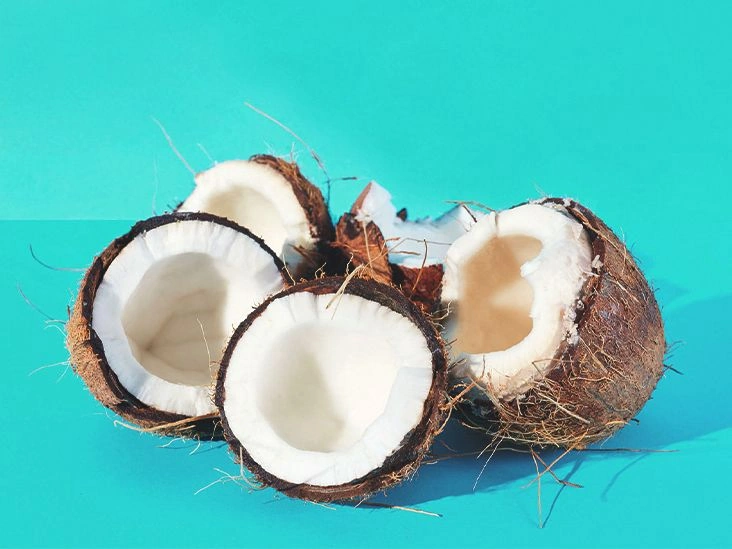




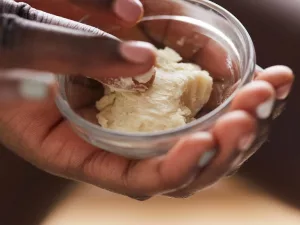
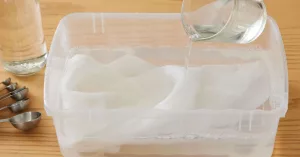
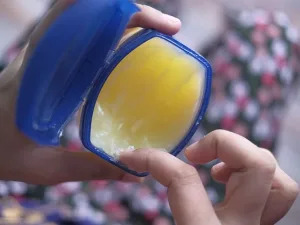
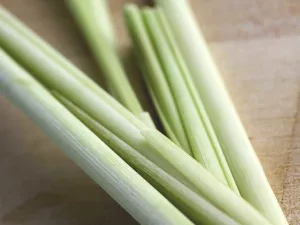



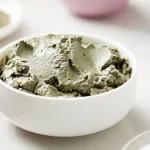





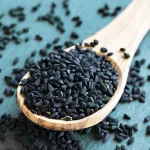




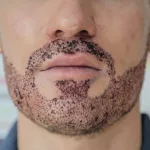
Leave a Reply
You must be logged in to post a comment.